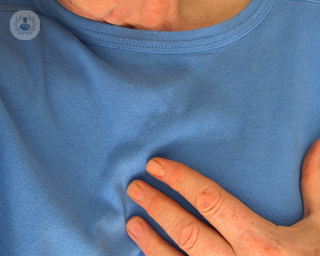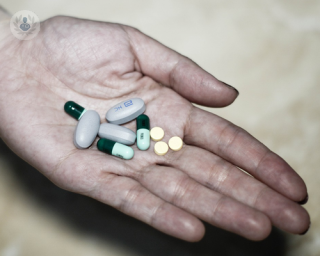
By Dr Dipesh Patel
12.12.24
Endocrinology, diabetes & metabolism
The battle against cardiovascular disease: Why cholesterol control matters
Cholesterol is a key risk factor in cardiovascular disease, highlighting the importance of its management for both prevention and treatment. Here, Dr Dipesh Patel, leading Endocrinology and Diabetes Consultant Physician, provides an expert insight into the impact of cholesterol on cardiovascular health, and the steps you can take to manage it, lower your risk of heart disease, and lead a healthier life.


















